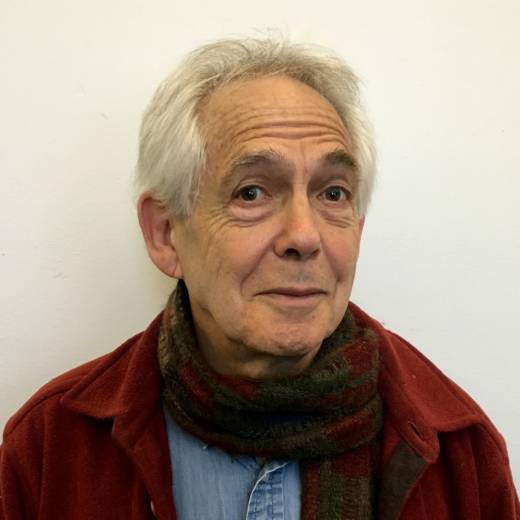Richard Friedlander looks at the class divide in access to healthy, nutritious food and enough of it.
In much of the world, if you’re poor, the question is not can you feed your children nutritious food but can you feed them at all. In this country, if you’re poor, too often you mask your concerns about feeding your family by stuffing yourself and yours with cheap junk food: readily available and laced with ingredients that create a constant craving for it. You may eat, but you don’t look healthy; you look fat.
Of course, before the age of nutrition, there were many places in the world where being fat meant you were wealthy, a person of leisure, and even beautiful. Being physically fit in those days meant you were fit for the plow or the galley oar. Now, eating perspicaciously and being fit identify the upwardly mobile gym rat, and the preparation, presentation, and ingestion of food is a televised obsession.
Once upon a time, too, food markets were located in the poorer areas of a city because trade was considered demeaning, and markets were dirty, noisy, and crime-ridden. Since food became a status symbol, food emporia have gone chic and disdain poorer neighborhoods. The famous Parisian market, Les Halles, was torn down to accommodate chain stores, and late night eateries blossom on the bones of early morning workingmen’s cafes. The great class divide created the amusing anomaly that for years the cheapest place in London to buy organ meats was Harrod’s, the renowned department store in the city’s fashionable West End. Liver, kidneys and tripe were staples in a poor person’s diet; wealthy people didn’t eat such things.
A quarter of the children in the world are starving or malnourished. At a certain upscale restaurant on New York’s Upper East Side, you can buy a hamburger for only two ninety-five - that’s two hundred and ninety-five dollars - or a grilled cheese sandwich for two fifteen.
